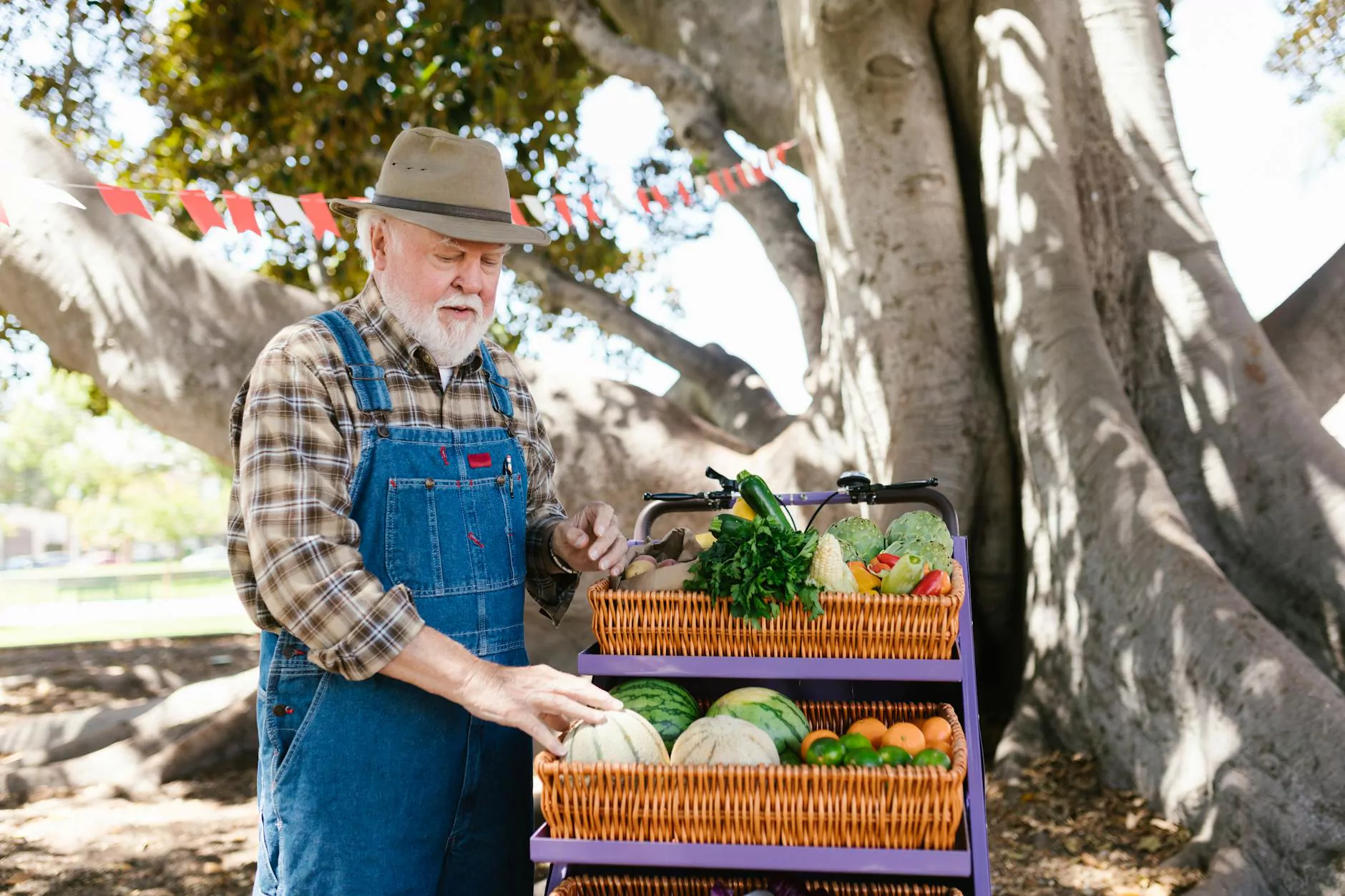Horticulturist says don't be afraid to eat weeds; here's 5 to try in the Northwest
Blog
Introduction
Welcome to Aperture Group, your trusted source for horticulture advice and consulting services in the Northwest. In this article, we will explore the benefits of incorporating edible weeds into your diet and introduce you to five nutritious varieties that thrive in this region.
The Benefits of Eating Weeds
While the term "weeds" may often carry negative connotations, many of these plants actually offer significant nutritional and health benefits. Incorporating edible weeds into your meals can provide a range of vitamins, minerals, and antioxidants.
Moreover, consuming edible weeds can contribute to sustainability efforts by reducing food waste and promoting a more environmentally friendly approach to nutrition. By utilizing these abundant and often overlooked resources, we can embrace a more sustainable eating lifestyle.
5 Edible Weeds to Try in the Northwest
Dandelion (Taraxacum officinale)
Dandelion, commonly found in lawns and meadows throughout the Northwest, offers a myriad of health benefits. The leaves are rich in vitamins A, C, and K, while the roots have been used for centuries in traditional herbal medicine. Try adding dandelion greens to salads or steaming the root for a nutritious tea.
Nettle (Urtica dioica)
Packed with nutrients, nettle is a versatile edible weed that can be used in various culinary creations. Its young leaves are abundant in iron, calcium, and vitamin C, making them a valuable addition to soups, stews, and smoothies. Harvest nettle with gloves to avoid its characteristic stinging sensation.
Chickweed (Stellaria media)
Chickweed, characterized by its delicate white flowers, brings a fresh, slightly tangy flavor to dishes. Its vitamin and mineral content, including vitamins A, C, and calcium, make it a nutritious choice. Enjoy chickweed in salads, pestos, or as a garnish for your favorite meals.
Lamb's Quarters (Chenopodium album)
Often considered a nutritious alternative to spinach, lamb's quarters are an abundant edible weed in the Northwest. This vitamin-rich plant can be enjoyed raw in salads, sautéed as a side dish, or used in casseroles. Its young shoots are particularly tender and flavorful.
Purslane (Portulaca oleracea)
Purslane, a succulent-like weed, is a nutritional powerhouse packed with omega-3 fatty acids and antioxidants. Its lemony flavor adds a refreshing twist to salads, sandwiches, and stir-fries. Its high water content also makes purslane a great choice for hydrating summer recipes.
Aperture Group: Your Horticulture Experts
At Aperture Group, we are passionate about horticulture and empowering individuals to make informed choices about the natural resources around them. Our consulting and analytical services cater to both businesses and consumers who are seeking expert advice on horticulture, landscaping, and sustainable practices.
With a team of experienced horticulturists and an in-depth understanding of regional flora, we provide tailored recommendations, comprehensive analyses, and innovative solutions to help you achieve your horticultural goals. Whether you're a business looking to enhance your green spaces or a gardening enthusiast seeking professional guidance, Aperture Group is here to support you every step of the way.
Contact Us Today!
To learn more about our horticulture consulting and analytical services, or if you have any questions about edible weeds in the Northwest, please don't hesitate to reach out to us. Contact Aperture Group via phone at XXX-XXX-XXXX or email us at [email protected]. We look forward to assisting you!




